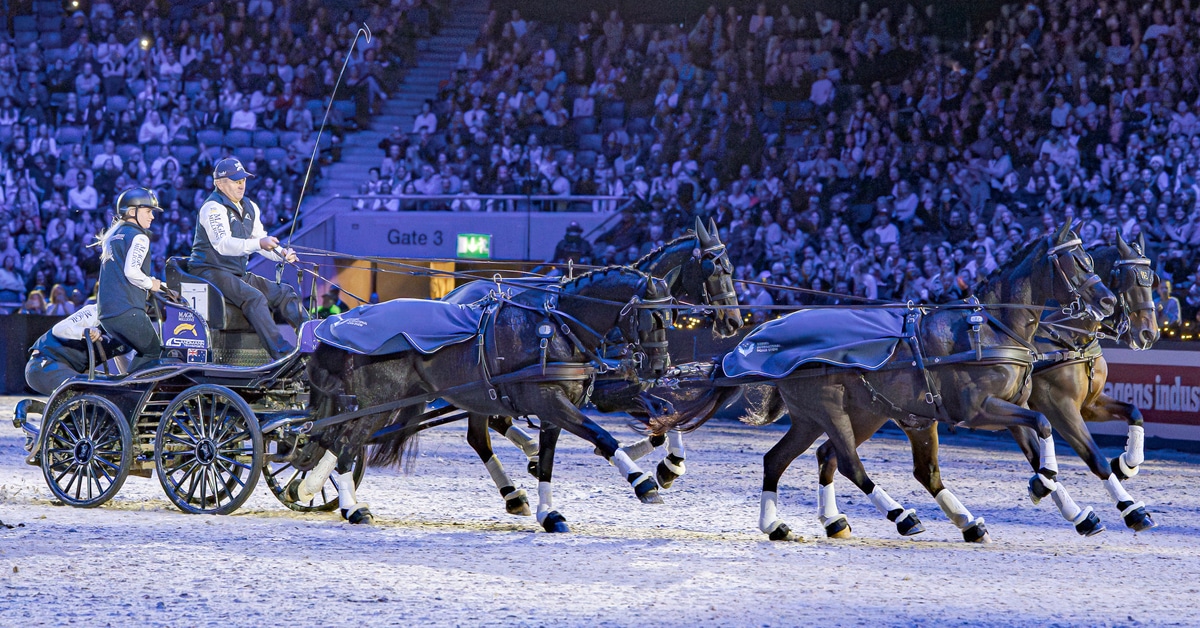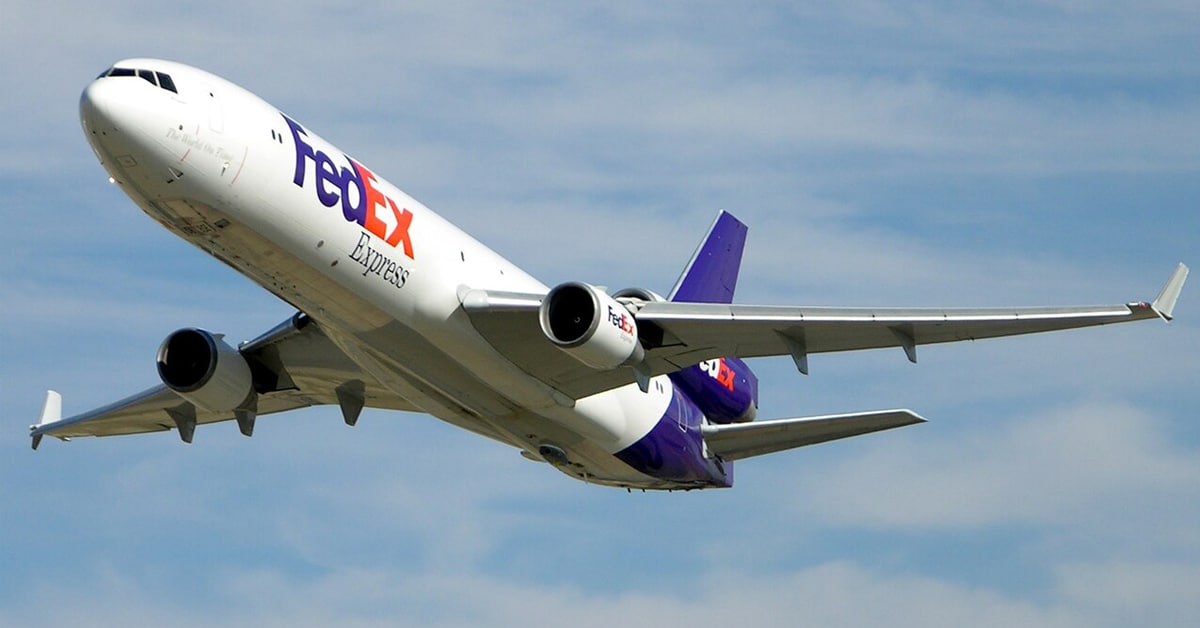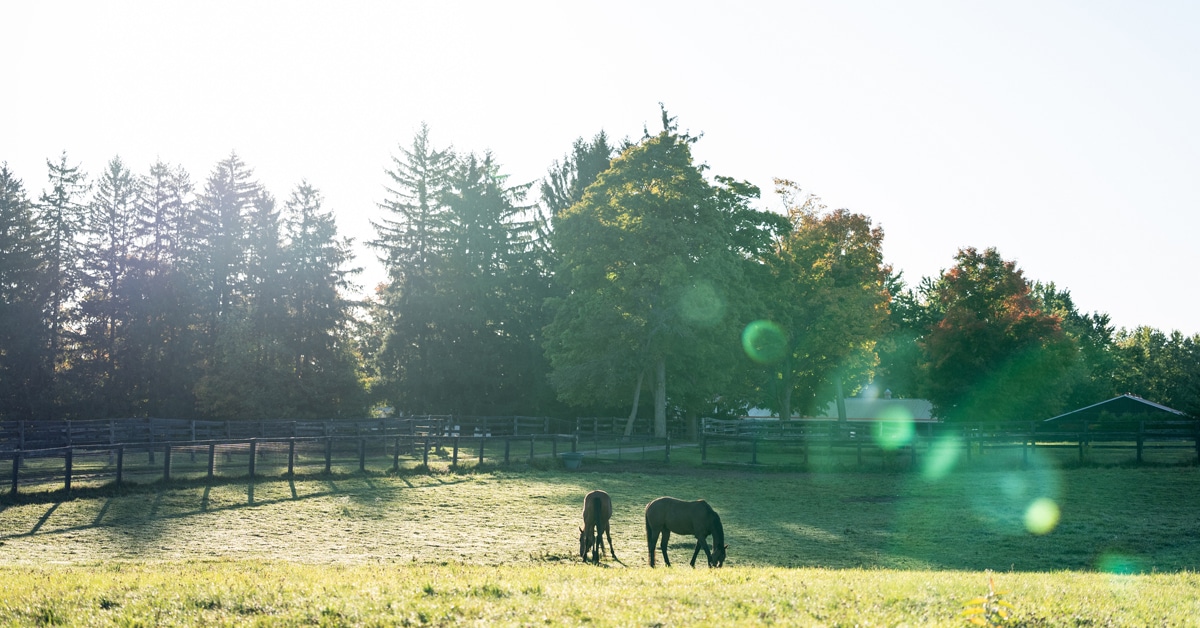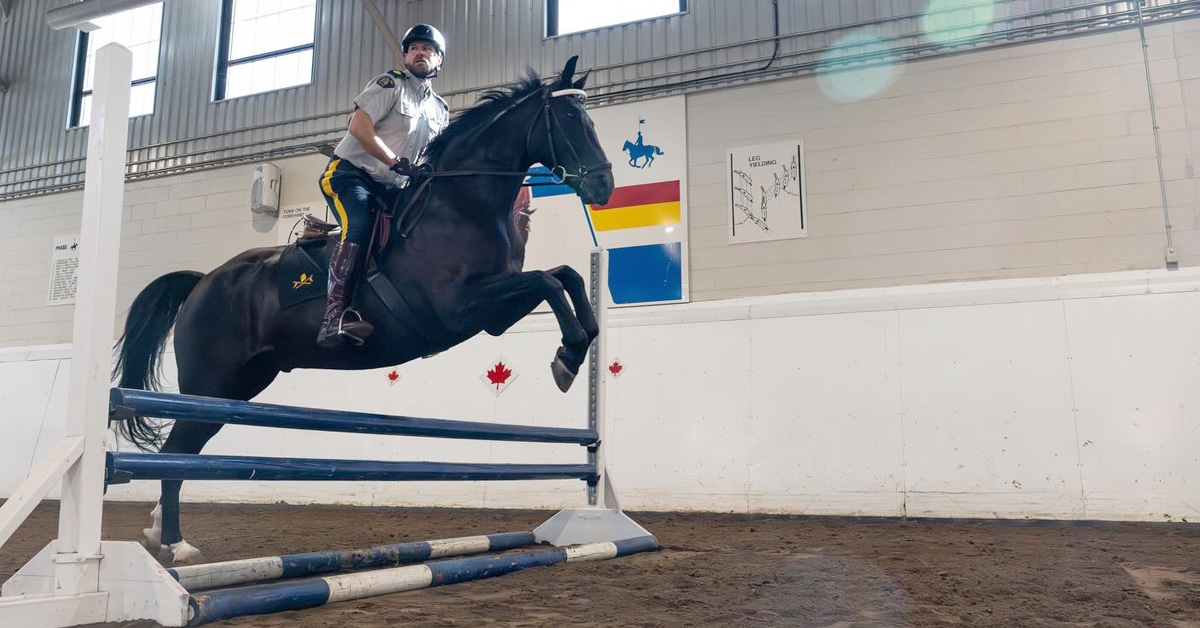In an unimaginable tragedy, as many as 70 horses have died at a ranch in Elk City, Oklahoma, after receiving a shipment of feed believed to contain the cattle drug monensin. Beutler & Son Rodeo Company is a family business that for generations has provided livestock for rodeos. They are still caring for around 140 horses, but four foals that lost their dams will have to be bottle-fed.
Monensin is an antibiotic used to treat bacterial, fungal, and parasitic infections and commonly found in feed intended for cattle and other ruminants such as sheep and goats. Even minute amounts of monensin are toxic to horses.
Rodeo reporter Kendra Santos posted on her Facebook page after a conversation she had with attending veterinarian Dr. Gregg VeneKlasen. He noted that early reports that the horses had mistakenly been fed cattle feed is false; the horses were were actually given an equine feed that for some reason (likely gross human error) had enough monensin in it to kill cattle as well. The supplier of the ranch’s feed, which is located in Kansas, has not been publicly named. The Oklahoma Department of Agriculture, Food and Forestry is investigating; testing may take a few weeks.
Equine nutritionist (and regular Horse Sport contributor) Shannon Pratt Phillips provides some perspective on monensin, and how to prevent a similar tragedy at your own barn:
1) Only purchase horse feed that is intended for horses. This might seem like common sense, but in times were finances are tight sometimes cattle or livestock feed might be cheaper than horse feed and maybe tempting. Do not feed cattle feed to horses.
2) Only feed your horses high-quality feed that is produced at a facility that only makes horse feed. That way there should be no monensin on the property at all. There are many mills across the country that will produce their own horse feeds or even those for other companies, but those mills may still make cattle feed and have monensin on site. These companies will make cattle feed with monensin and then would make a type of feed that is not for horses in between, for example, swine feed in effort to flush out the pipes of any monensin residue. Then they would make horsefeed. For me that is too much of a risk. There are several companies that make horse feed at a horse-only facility. Just ask your feed sales rep and if they don’t know or won’t tell you ‒ move on.
3) Trust your horses. It seems that one of the horses did not want to eat the feed. Horses are generally very good at detecting toxins and will avoid them, especially if there are other things to eat. So anytime you get a new batch of feed or open a new bag, if you notice one horse not eating it, take it away from all of your horses. In such a case, I will always recommend to take a sample and keep it under lock and key. Take another sample and send it for independent analysis at a private laboratory. And of course, call the company to report the problem.
More News









